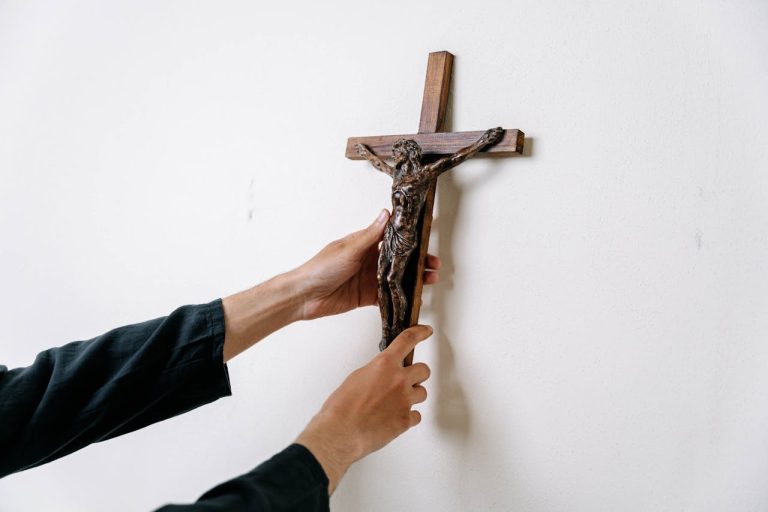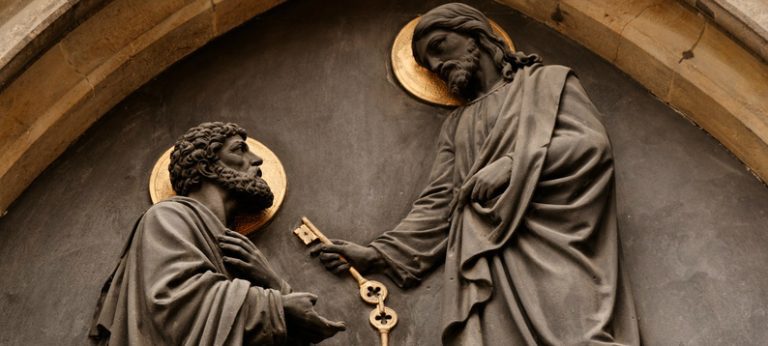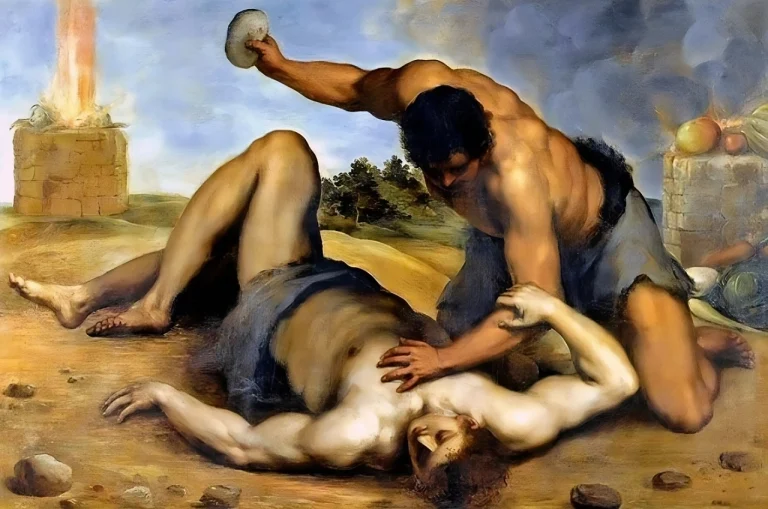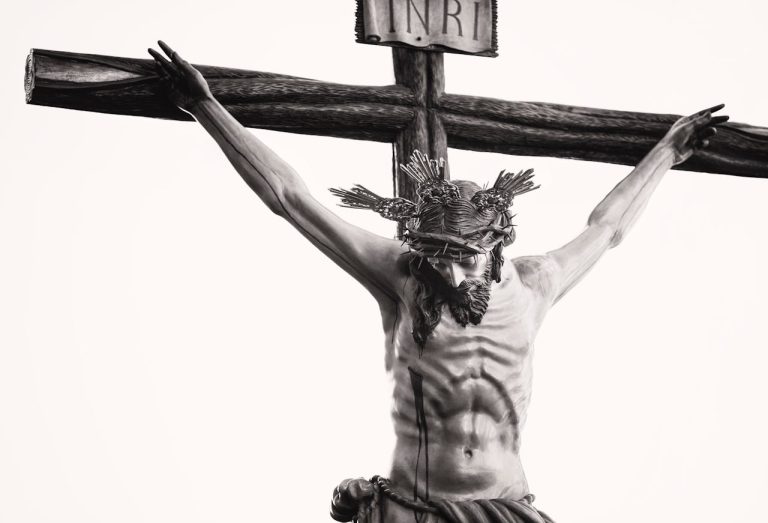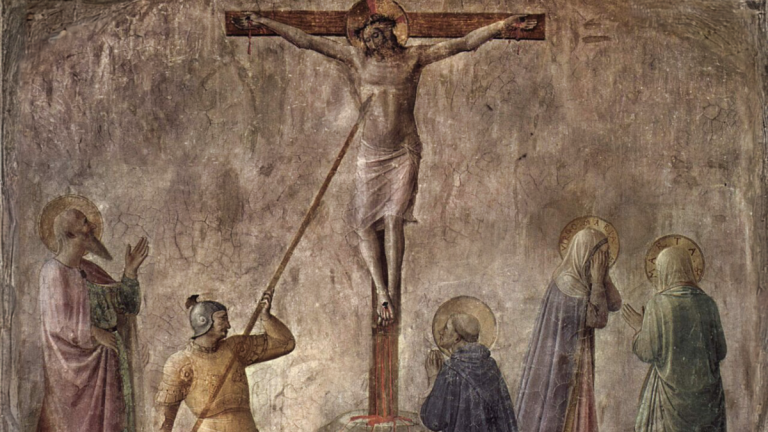Lots of people are looking for alternatives to our economic system. Some are in favor of governments printing more money. Others want a gold standard. Sizable groups want silver money. Lots and lots of people want lots and lots of things. Vanity being what it is, most of them think, and will let people know with amazing frequency: “My system is right. If I were running things, I would fix them.”
That may not be true, but each person believes their system is right. When we look to The Church for economic advice, we don’t get any. That’s not surprising. The Church is here to save souls, not economic systems.
Which economic system does The Church prefer? In South America, before 1750, Jesuits missionaries organized Indian tribes into somewhat self-sufficient communities called “reductions”. Under the leadership of the Jesuits, those in the reductions made their own clothes, grew their own food, made furniture, and had their own defense forces. They were efficient societies within the larger nations around them.
When the Jesuits were forced to abandon the reductions, The Church did not try to keep them going. They fell apart. Following the brief “idealistic commune” period of Catholicism, lasting a few years after the Ascension, Catholics have tried to save souls, not impose economic states.
Many, like the Jesuits of the reductions, resent this. Many Catholics, almost universally identifying themselves as “intellectuals”, have left The Church to become socialists, communists, and other types of power-seeking do-gooders. They are all satisfying needs other than loving God and neighbor.
For the past few hundred years, automation has been destroying jobs all over the world at increasing rates.
The Church has not objected to such changes. As long as there is freedom, there will be change, dislocation, and destruction of existing systems. Bubbles will be blown, and then, inevitably, burst.
The Church, in Her wisdom, does not try to impose secular conditions on society. Instead, She encourages us to love God, our neighbors, and obey the Commandments, in the face of the change She knows that God has provided to us free-will humans. She swims in the stream The Loving Programmer has provided, kept afloat by love and obedience.
The Church is here to save souls, not economic systems. Her example should help us set our own priorities in this area. Giving in to a desire to “fix” things usually morphs into something that’s more a manifestation of vanity than of humility. Usually, such a desire does more harm than good.



